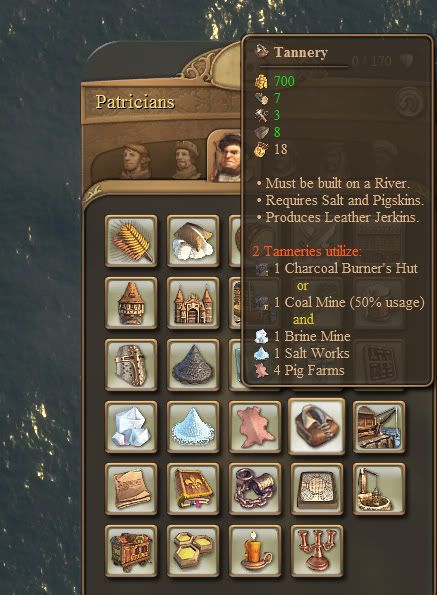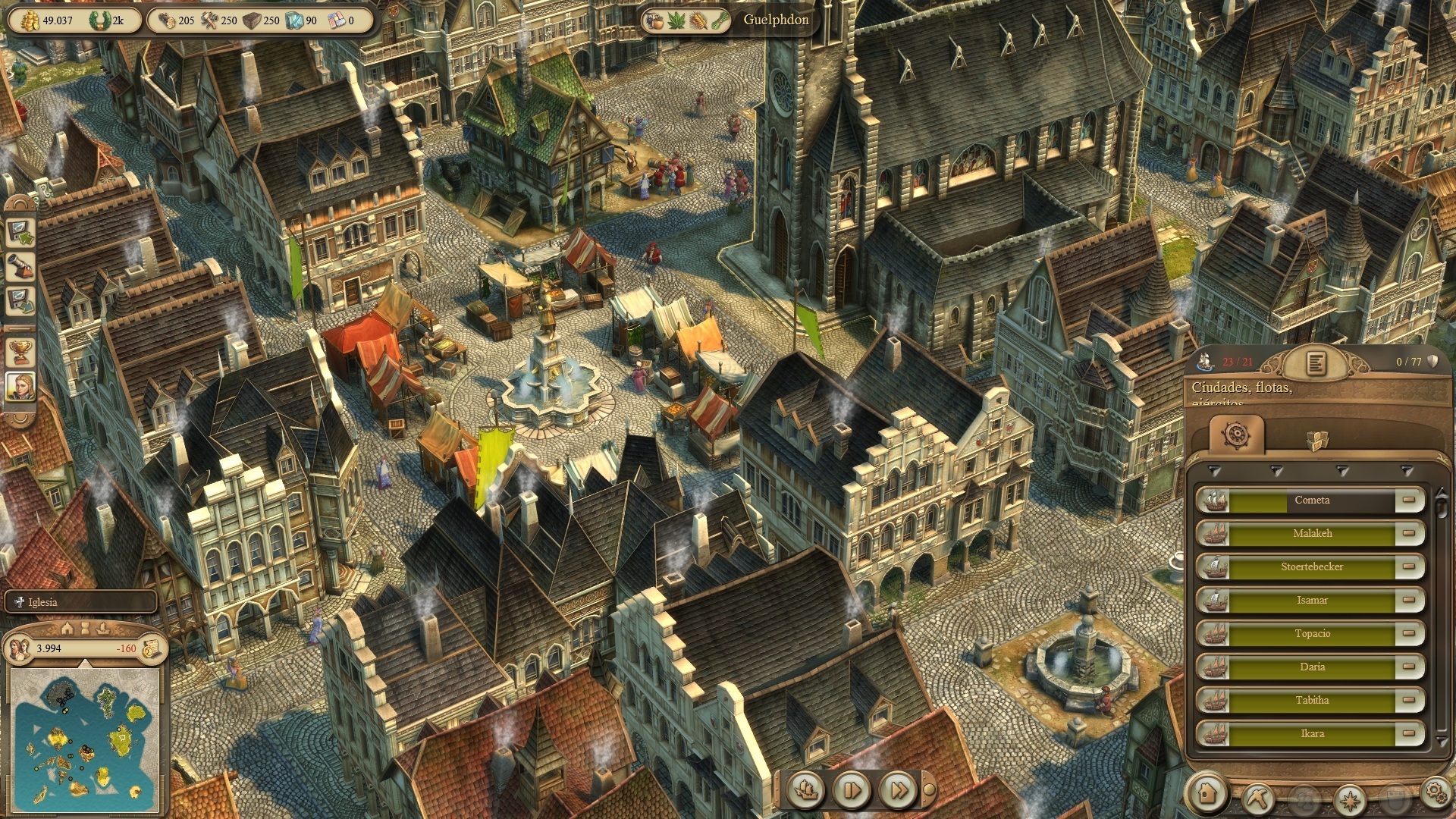

The Eden Initiative gets more eco-friendly buildings, but they are highly reliant on farms that suffer under ecological stress. Each faction has a wildly different economy and both require a slightly different play style. Thankfully the campaign does a good job at very slowly easing you into all the aspects of the basic economy, advancing your population levels, and moving from your initial island to a nation that dominates the seas in both trade and maritime power.Ĭentral to the post-global warming era are the two main factions: the Eden Initiative (the Ecos) and the Global Trust (the Tycoons). Eventually the island-spanning economy becomes gigantic in size and it can take some getting used to if you haven’t played an Anno game in a while, or if you are new to the series.

If you are missing a ‘fertility’ that allows you to grow a certain crop, you can buy or research an item and seed your island to support that crop, but this is usually more of a mid-to-late game option. As your population grows and advances, you’ll inevitably need to expand to other islands that provide the resources you need to keep advancing your little island civilization.

Not every island has access to all types of resources or has the soil to support all types of farmland, though. This leads to a slowly paced but very enjoyable cycle of growing your economy and advancing your workforce to grow your economy some more.

Each skill level your workforce attains gives you new needs to satisfy before they can advance again, and each level you gain access to new buildings for your economy. As you satisfy your population’s needs, residences will advance to house more workers and the workers that live there will advance in skill level and pay more taxes. Residences require two things to advance in ‘level’: goods your economy can produce and services that are projected in a radius by special buildings. Instead of building wildly across a huge map, you tend to slowly fill up islands with separate industrial and residential areas. Construction of buildings costs goods you can produce yourself, but it also often costs money - something you primarily gain by taxing your population and by trading with other powers on the map.Įxpanding your population in Anno 2070 is of paramount importance to stay in the black, but building large residential areas shares more similarities with the Caesar games than, say, Sim City. The industry side of your economy will be familiar to most: harvest raw materials for industry buildings that create the goods you need in order to grow your population and support higher levels of industry. The traditional Anno formula is still intact in the year 2070 and once again you are tasked with balancing an ever expanding economy across multiple islands with the financial burden of keeping everything running.


 0 kommentar(er)
0 kommentar(er)
